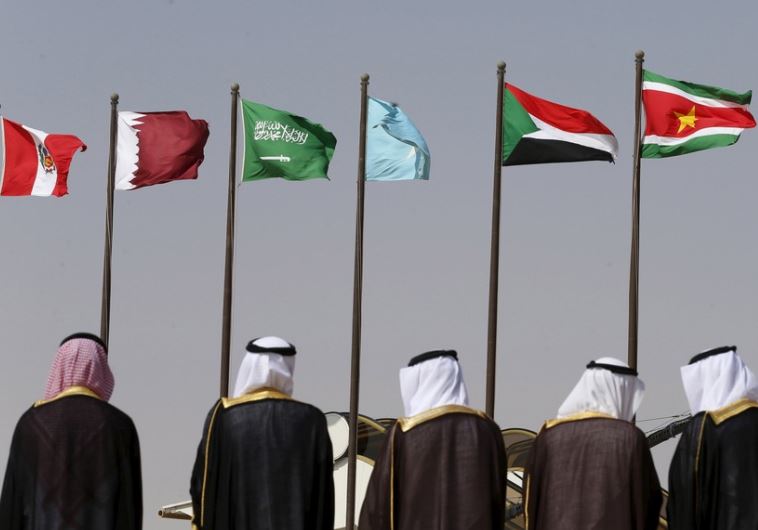Analysis: With emergence of a new Iran, Israel needs new allies
Israel’s problem was and remains the asymmetry between us and Iran. We don’t have a border with Iran, but Iran has more than one border with us.
 Saudi officials wait to receive leaders attending the Summit of South American-Arab Countries in RiyadhUpdated:
Saudi officials wait to receive leaders attending the Summit of South American-Arab Countries in RiyadhUpdated: